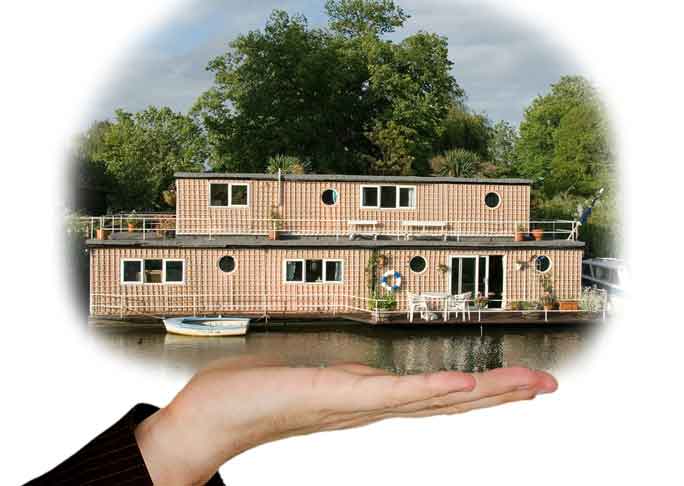
Houseboats, (historic) houseboats and other floating structures are a constant source of legal discussion with the government. This is because in the past - in a then unregulated situation - houseboats have taken a berth in many places, often in beautiful residential locations, whether or not combined with shore use as garden and storage. This often involved long-term tolerated situations, legally difficult to define living situations, enforcement and clearance actions and legalisations.
If a berthing permit has been issued, then the underlying zoning regulations often do not exist, which also allows for berthing on site from a planning perspective. Where zoning regulations do apply, the relevant regulations are often not clear on what is and what is not allowed and there is an additional houseboat policy on the grounds of a municipal ordinance. From a civil point of view permits for use are often unclear. Furthermore, as of 1 January 2018 new legislation for houseboats came into effect for what is now called 'floating structures'. Very important transitional law applies to existing licensed houseboats on the reference date of 1 January 2018.
What does HABITAT do?
- New houseboat law
In the near future many questions will arise about the new houseboat law. HABITAT is prepared for this and gives advice and support on building and renovation plans and (enforcement) procedures. See also the downloads on this page with information from the government and our office about the new houseboat law.
- Enforcement actions
If there is no legalisation or voluntary relocation, you will usually - sooner or later - receive a letter of enforcement with a demand to leave and a warning that you will have to pay a penalty if you do not leave. After receiving such a letter, it is important to immediately seek legal advice from us about your situation and the possibilities of working towards a solution, whether or not in consultation with the municipality.
- Civil use
A specific ongoing discussion for houseboats is the regulation of civil berth and shore use for houseboats. The existing shore use is usually an important component in determining the value of a houseboat at the time of sale. More and more often the land owner tries to regulate the use of the mooring and shore area better or to abolish it or to charge (more) for it. Usually this does not happen without a struggle and civil actions are undertaken to rectify matters.
- Purchase Assistance
Precisely because of the varied (historical) situations in practice, it may be wise to map out the existing legal state of affairs before you decide to buy a houseboat or other floating construction with berth. HABITAT takes care of this for you, so that you know what you are buying.
Network
 Because of the specific national problems and continuous legal developments surrounding houseboats, our firm participates in the "Amsterdam Houseboat Consultation" of and for lawyers who are also involved in this matter on a daily basis. In addition, the office is in contact with the National Houseboats Organisation (LWO) (www.lwoorg.nl) and on a national level with most houseboat brokers, including those united in the Dutch Association of Boat Brokers (www.nbms.nl).
Because of the specific national problems and continuous legal developments surrounding houseboats, our firm participates in the "Amsterdam Houseboat Consultation" of and for lawyers who are also involved in this matter on a daily basis. In addition, the office is in contact with the National Houseboats Organisation (LWO) (www.lwoorg.nl) and on a national level with most houseboat brokers, including those united in the Dutch Association of Boat Brokers (www.nbms.nl).
– woonboten blog –


